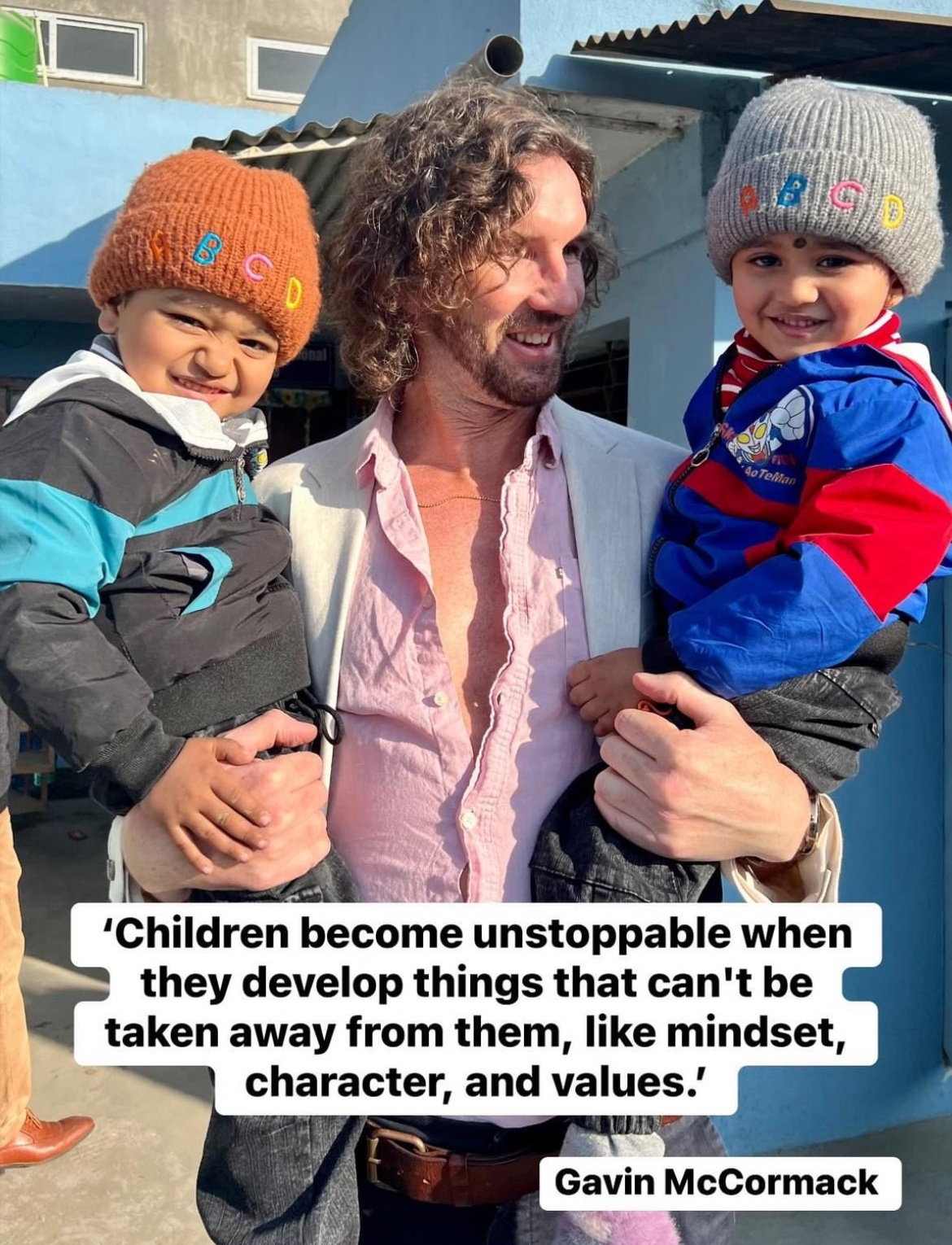As adults who care for children in any capacity, we often wonder about the best ways to teach our children valuable life lessons. One of the most powerful yet simple methods is by showing kindness. But what actually happens in our children’s brains when they witness acts of kindness, especially when there’s no apparent reason for it?
The Power of Kindness
When children see their parents or other adults being kind just because they can, it triggers a series of positive changes in their brains and behaviours. Here’s a simple breakdown of what happens and why it’s beneficial:
- Release of Feel-Good Chemicals: Acts of kindness cause the brain to release dopamine and oxytocin. Dopamine is known as the “feel-good” neurotransmitter, giving a sense of happiness and reward. Oxytocin, often referred to as the “love hormone,” enhances feelings of trust and connection. This chemical cocktail not only makes children feel good but also encourages them to emulate similar behaviours.
- Strengthening of Neural Pathways: The more children observe kindness, the stronger the neural pathways become that associate helping others with positive feelings. Essentially, their brains are being wired to understand that kindness is rewarding. This increases the likelihood that they will act kindly in the future.
- Development of Emotional Intelligence: Watching acts of kindness helps children develop empathy. They learn to understand and share the feelings of others. This emotional intelligence is crucial for building strong relationships and navigating social situations throughout life.
- Reduction of Stress: Kindness creates a sense of safety and reduces stress in children. When the environment is perceived as kind and caring, their brains relax, making them more receptive to learning and creativity. This not only enhances their immediate well-being but also contributes to their long-term development.
Why It Matters
For parents, the implications are clear. By demonstrating kindness without expecting anything in return, you’re not just teaching a moral lesson; you’re also nurturing a healthier, happier brain in your child. This leads to a cycle of positivity, where kind acts beget more kind acts, fostering a supportive and compassionate environment.
Practical Tips for Parents
- Be a Role Model: Show kindness in everyday actions, whether it’s helping a neighbour, sharing a smile with a stranger, or expressing gratitude. Your child is always watching and learning from you.
- Discuss Acts of Kindness: Talk about why you chose to act kindly and how it made you feel. This helps children understand the emotions and reasoning behind the behaviour.
- Encourage Kind Acts: Prompt your child to engage in their own acts of kindness and praise them when they do. This reinforces the behaviour and makes it a habit.
- Create a Kindness Routine: Integrate acts of kindness into your daily routine, whether it’s writing thank you notes, performing small favours, or volunteering together. This consistency is key to lasting impact.
The simple act of being kind for no reason can have profound effects on our children. It’s a gift that keeps on giving, shaping them into empathetic, emotionally intelligent, and happy individuals. As parents, embracing and demonstrating kindness is perhaps one of the most powerful tools we have to influence the next generation positively.









